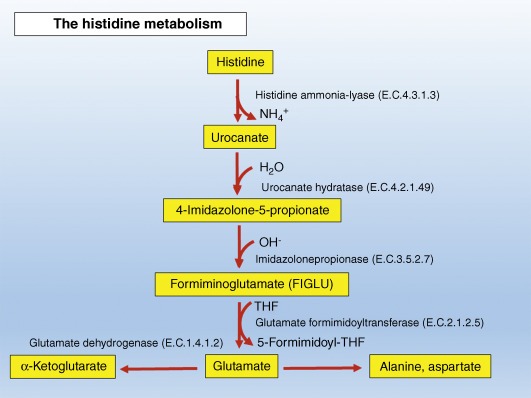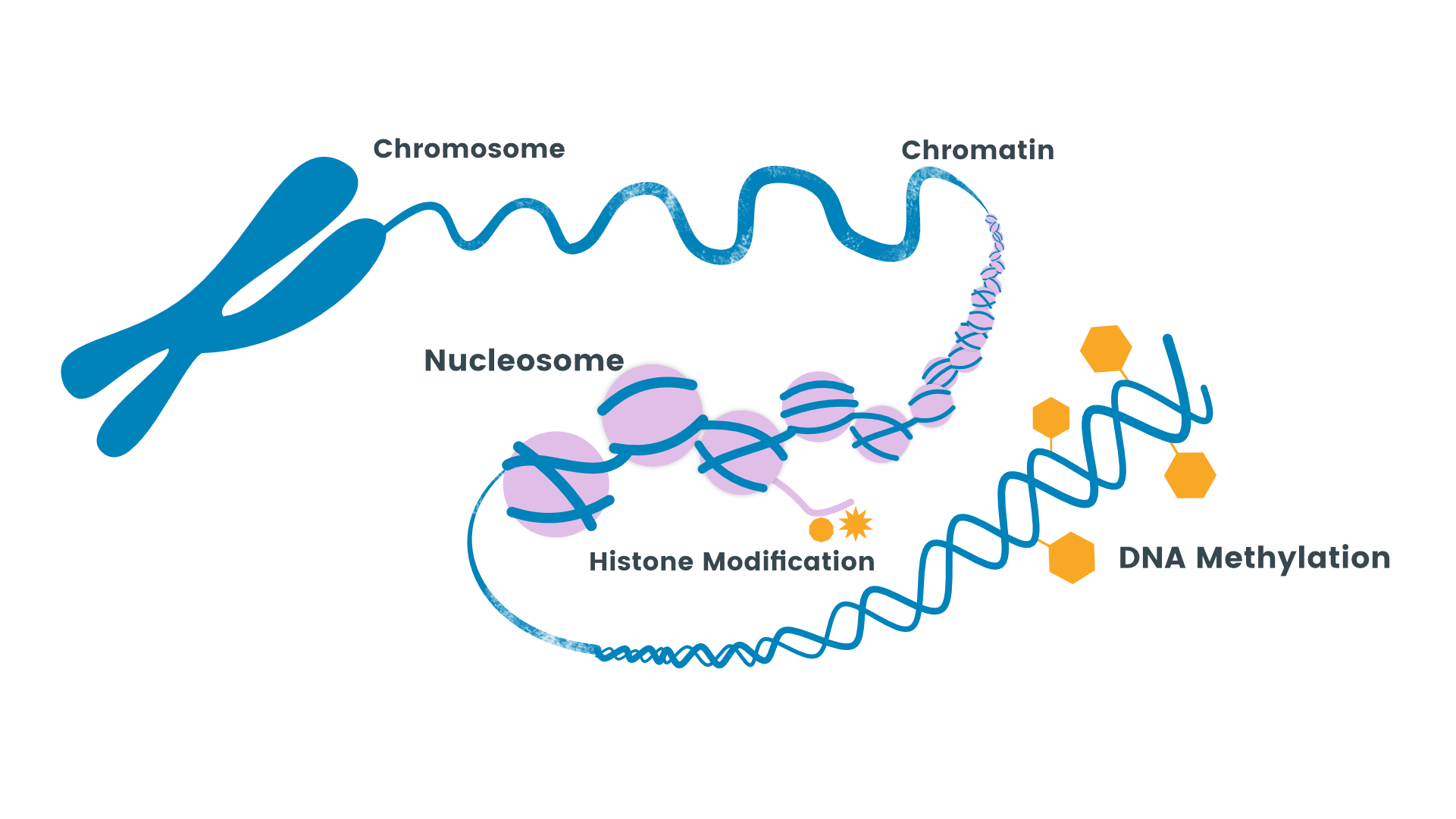
Organic acid testing can help detect and facilitate stalled healing and general health problems. Furthermore, such tests help determine if vitamins are functioning adequately within the body (Rogers, 2006). Folic acid, a synthetic version of folate, can be monitored for its effectiveness by an organic acid known as formiminoglutamate (FIGLU). The following will explore the same.
As has been covered, folic acid is key for the normal functioning of red blood cells (RBCs), the adequate synthesis of purines and pyrimidines (a component of DNA), and the synthesis of certain amino acids (Pagana & Pagana, 2014). Thus, aberrations in its functioning can hinder the performance of RBCs, DNA, and amino acids. FIGLU measures an intermediary step in the methylation process.

Methylation itself is a process that helps keep DNA from expressing cancer genes, and is also important in the detoxification process from exposure to chemicals from the environment and food (Rogers, 2006). Furthermore, knowledge of B12 deficiency and folic acid deficiency serves as a critical step in helping prevent cancer development while restoring proper functioning of detoxification processes (Rogers, 2006).

Rogers (2006) indicated that just as urinary excretion of methylmalonic acid (an indicator of B12 deficiency) can increase, so too does FIGLU in the presence of folic acid deficiency. When folic acid levels are via FIGLU measurement, Rogers (2006) indicated that if methylmalonic acid or FIGLU are low, it might be prudent to supplement with sublingual (beneath the tongue) methylcobalamin and folinic acid, respectively. If there are gut-related absorption issues, such supplement forms can circumvent said restriction until intestinal functioning is explored further.
References
Pagana, K. D., & Pagana, T. J. (2014). Manual of diagnostic and laboratory tests (5thed.). St. Louis, MO: Mosby.
Rogers, S. (2006). Using organic acids to diagnose and manage recalcitrant patients. Alternative Therapies, 12(4), 44-51.
-Michael McIsaac
